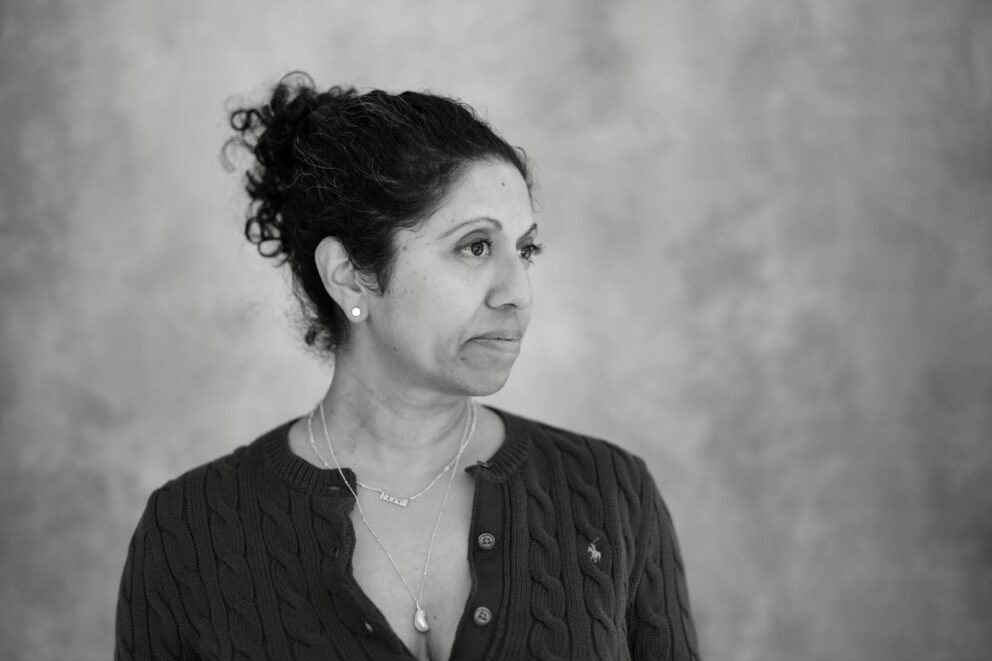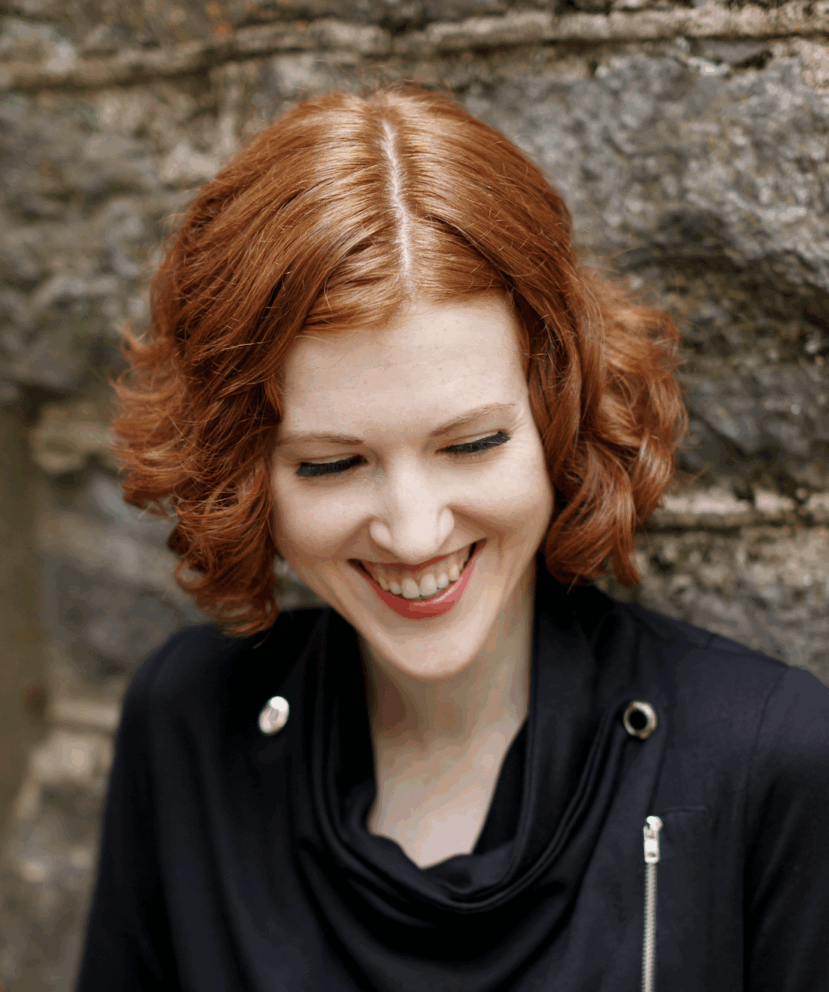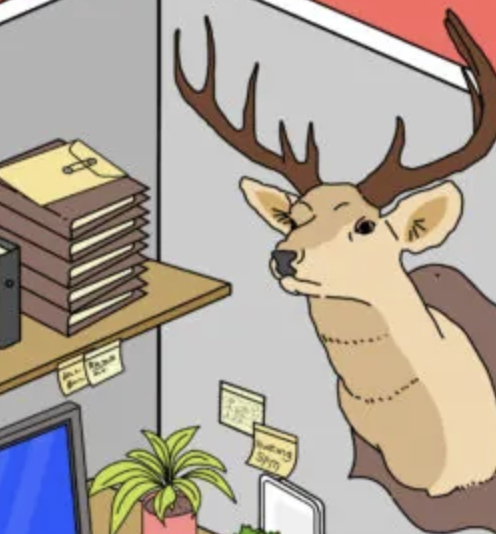Fusing lightning fast one-liners, heartfelt emotion and scenarios instantly relatable to his young audience, Nathanael Lessore’s books have captured the imaginations of readers and been recognised with a slew of awards including the Carnegies Shadowers Choice this summer.
Following the release of brilliant new book What Happens Online, we spoke with the author about his latest hit novel, writing for teens, and his love of a good Pokémon battle…
What can readers expect from What Happens Online?
They can expect teenage hijinks, some super-duper cringeworthy anecdotes and a completely new voice. (Main character) Fred is a bit more introverted, more self-deprecating, and he’s way more of a tragic character than you saw in my last book.
The role of the online world on the lives of teenagers has quite rightly come in for a lot of attention and critique – but one of the refreshing things about your book is that it took a balanced approach: showing that it can also be a place where young people develop skills and find connection too. Fred can truly express himself when he puts that headset on. Was that important to show?
I don’t like to preach. I hope that – beyond being entertaining – the book drives conversation more than having a moral message. You know, I love gaming and video games, and I always have done since I was a teenager, and so I didn’t want to do a disservice to the gaming community or anyone who spends a lot of time online. I don’t ever want to tell a teenager how to live their lives, but hopefully just to think about one’s relationship with the online world a little more.
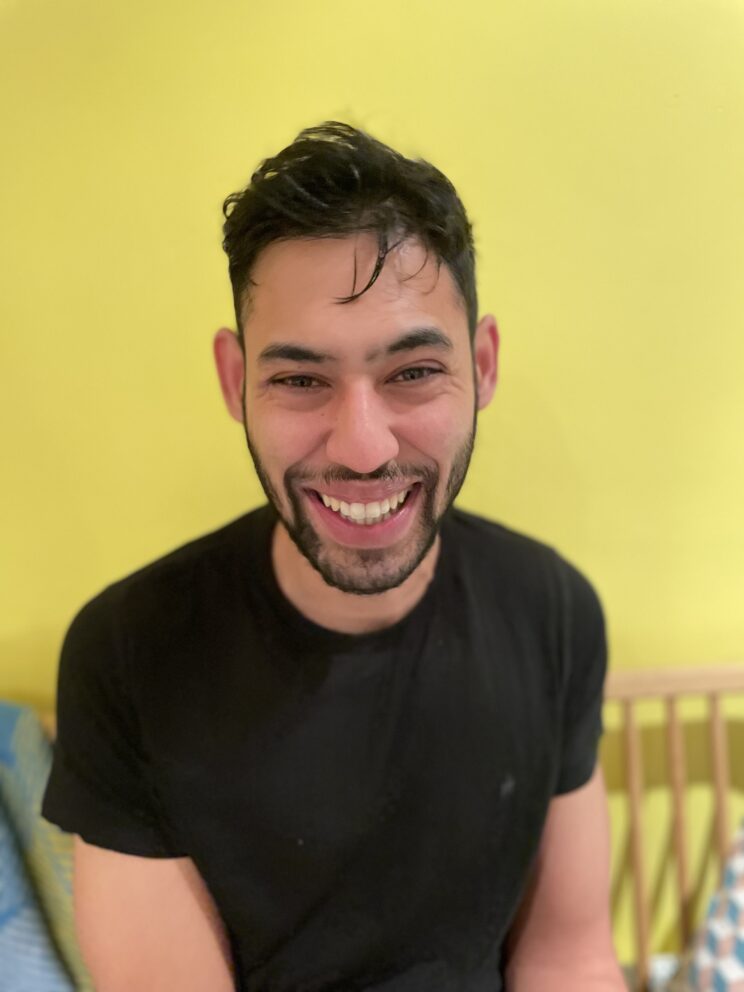
What were you playing when you were at school?
I was a Pokémon-head.
Red, Blue and then Yellow with the little Pikachu following you around…
It’s a throwback. Me and my mate – not even that long ago – were going at each other about who was better at Pokémon back in the day. And so we went and invested in a Game Boy Advance and had a Pokémon battle. It was like a boxing match: several weeks of trash talk leading up to it…
Who won?
(Pause) The decision was conscientious. I did lose, but I thought we had no legendary rule, and he pulled out Mewtwo (a practically unbeatable Pokémon)… I was like ‘come on, man’. I was wiping the floor with him until then.
The jokes come so thick and fast. Do you have a favourite one liner from the book?
That’s tough. The sidebar when they’re gaming, maybe. Someone says, ‘What’s up?’ And he says, ‘My dad’s cholesterol.’ There was also a good joke at David Beckham’s expense. I hope Becks never reads it.
What Happens Online does a beautiful job of balancing the humour with moments of real emotional clout – particularly around family. Do you have any major cultural influences – books, on-screen, music – that similarly balance the two?
I grew up on 00s TV shows. Things like Scrubs, the hospital show that did lots of emotion and humour kind of side-by-side, frequently in the same episode. I loved Malcolm in the Middle too. The way it tackled working class day-to-day life with humour. I read lots of Spike Milligan, and his war memoirs back in the day, where he balanced the horrors and realism of being at war with kind of the everyday banter and joy of company and comradery.
In terms of mixing the emotion with the humour, I always credit my editor, Ella. She always knows where the pockets of emotion need to be. And then a lot of the influences for the book are from real life. I grew up in quite a large family, which was marvellous. I’ve got several brothers and sisters, there’s eight of us in total. And it was chaos in the best way, but also quite a lot of conflict as well. Mealtimes would usually be happy and joyful, but when there was a barny going on, it could get pretty feisty.
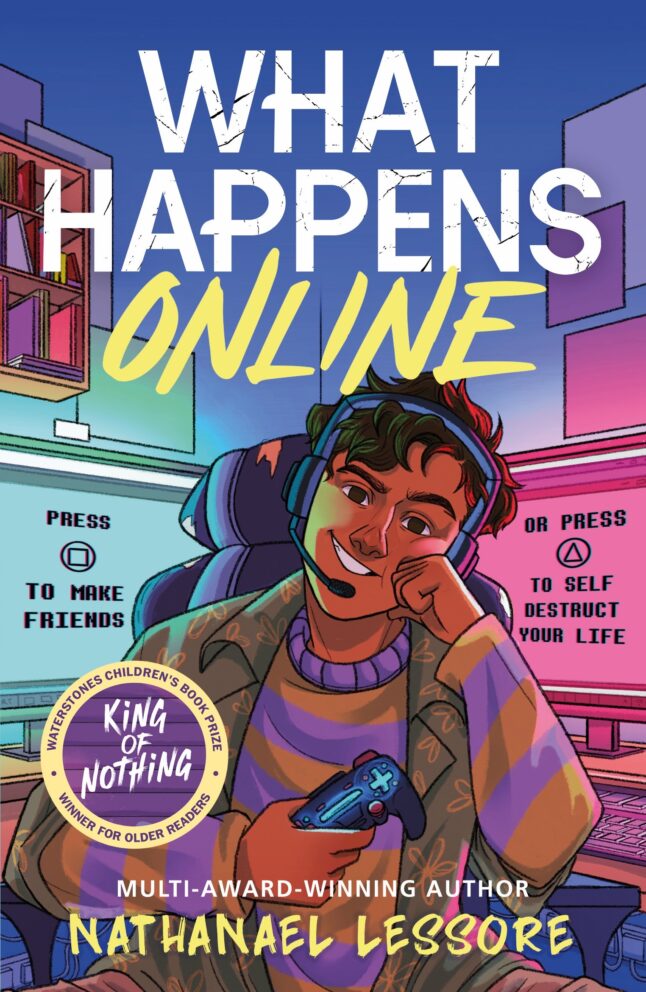
How do you go about accurately capturing the voice of teenagers today? It’s evolving all the time, so how do you get that vocabulary and rhythms right?
Lots of trial and error. Lots of faith in proof-readers: cousins and brothers. Some words and phrases, even from a couple years ago, are dated already. Something that was relevant a couple of years ago can be super cringe now.
I’ve got loads of nieces and nephews as well. I’m kind of surrounded by kids who don’t change the way they talk around me. So I think one skill I’m fairly confident in is regurgitation – that can be stories and anecdotes, but also patterns of speech.
And it takes a whole lot of listening. I’ve stopped wearing headphones on public transport. When you have teenagers on the bus sitting at the back, I try and pay attention to their rhythms of speech. You can’t just throw random slang in and hope it’s relatable. Hopefully, I could write an entire book with no slang and you’d still be able to tell that it’s a teenager just from the rhythm.
South London comes alive on the page. How important is it for you to represent the area, and what has the response been like from local readers?
Particularly with school visits, I think the types of readers that I often meet are the ones who grew up in similar areas to me. The best way to get them to pick up a book is for them to see themselves, their area, their neighbours and their communities represented, and the only real way to do that is to be authentic.
I had a parent come up to me, and she said her son had come home from playing football in the cage on Telegraph Hill in New Cross, and he then read a chapter of my book where they were playing football up in that same cage. And she said he got so excited. He ran to her with the book and said ‘Look, look, look. This is what I was just doing!’ I think that’s so heartwarming. It’s moments like that that make me think like, okay, this is super-duper important.
All the roads and all the estates in the book are places where I used to cycle and frequent. It’s nice for me because it simplifies my job, but also for the readers – and not just for ones in South London, because I think there are similar areas to South London in every major city – it means they’re able to relate. If a kid who didn’t read, now reads thanks to seeing their own area or community represented in a book, then that’s probably something I can look back on and be proud of, you know.
Your bio says you can run 100 metres in under 10 minutes. Impressive. Any other hidden talents?
I can do half a cartwheel.
I can hold my breath for 12 seconds.
Oh, and I can do a magic trick…
(Nate suddenly disappears in a cloud of smoke. Like Stars In Their Eyes, but in reverse. And like that, he’s gone. I stay on the call a few moments longer, and then quietly log off, amazed at what I’ve seen).

